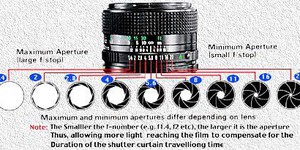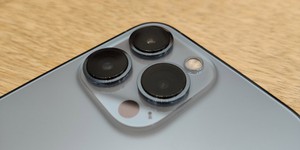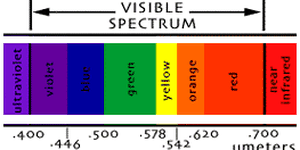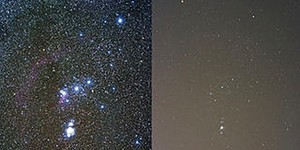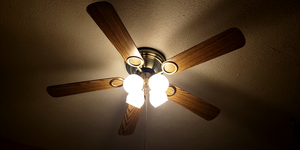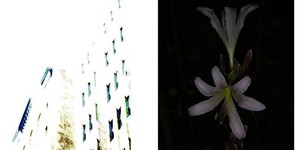Others Like “Focusing Your Flash for 'Freezing' Motion” (top 20 results)
|
Digital cameras can be a great way to learn about photography. Most digital cameras today have LCD screens, so you get instant feedback on your photo. If you make a mistake, no problem, you just delete the picture. It's nice that you don't have to worry about the expense and bother of developing film! This project can help you learn to take better pictures.
Read more
Pinhole cameras are not just for grannies! Even compared to all of the latest technology, a pinhole camera still gets beautiful results. Find out how this very simple aperture design works to control the way light enters the lens of your camera.
Read more
A strobe light can illuminate an entire room in just tens of microseconds. Inexpensive strobe lights can flash up to 10 or 20 times per second. This project shows you how to use stroboscopic photography to analyze motion.
Read more
If you sit under a leafy tree on a sunny day, you may notice spots of sunlight on the ground from light passing through spaces between the leaves. Try putting a piece of cardboard on the ground and examining the spots of light on the cardboard. Even though the spaces through which the light is passing are irregular in shape, the spots on the cardboard are round. What you are seeing, in fact, are projected images of the sun. Light passing through an aperture forms an image. A pinhole camera…
Read more
Do you ever use the manual camera settings when taking pictures with your phone? Does your phone have more than one camera lens? This project is a great way to learn more about your phone's camera(s) and how to take better pictures. You can also do this project with a traditional point-and-shoot camera or another camera like a DSLR.
Read more
Have you ever wondered what it would be like to have an extra sense? What if you could hear above the normal range (ultrasound) like dogs or bats? What if you could see ultraviolet light, like bees or juvenile trout? What if you could see infrared light, like a rattlesnake or boa constrictor? This project shows you how you can use a phone or camera, tripod, and a special filter to take pictures using near infrared illumination. It's a whole new way of looking at the world.
Read more
If the prefix "macro" means large and "micro" means small, then why will the macro setting of a digital camera help take a better picture of a small object? Do this experiment and get the big picture.
Read more
This is a great project for someone interested in both stargazing and photography. Bright city lights and even the light of the full Moon obscure the dimmest stars, which can make identifying constellations more difficult. In this astronomy science project, you will calibrate a digital camera to measure the skyglow in different locations. This can be a great tool to comparing the quality of different star viewing locations.
Read more
Have you ever seen a video where it looked like a car's wheels were spinning backward even though the car was driving forward? What about helicopter blades that looked like they were spinning very slowly, or even not moving at all? This illusion is called the "wagon wheel effect," named after old movies where it looked like wagon wheels were spinning backward. In this science project you will learn how the wagon wheel effect works and how you can film it yourself.
Read more
Do you like to take pictures with a camera? It can be fun to capture important and humorous events in your life on film or on a memory card. Photography is a hobby that people of all ages enjoy because they can creatively express themselves both artistically and scientifically. But when did the science of photography start and have cameras always been such complicated pieces of equipment? In this photography science project, you will experiment with a simple camera called a pinhole camera and…
Read more
|
Explore Our Science Videos
Paper Marbling – STEM Activity
Matchstick Rockets
Test Different Pinwheel Designs




